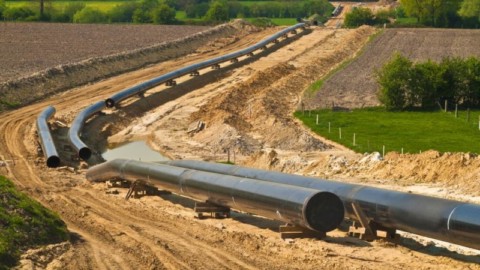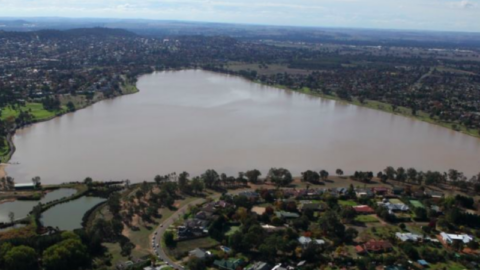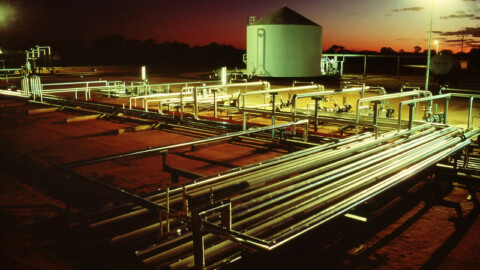The new Melbourne Sewerage Strategy has been released, and will guide transformational change from its historical ‘waste disposal’ origins towards sustainable resource management and recovery that supports a thriving, liveable Melbourne for decades to come.
The Melbourne Sewerage Strategy — collaboratively developed by Melbourne Water, City West Water, South East Water, Western Water and Yarra Valley Water — highlights the current and future challenges and opportunities for the provision of sewerage services, and outlines how the sewerage system will be managed to enhance its contribution to public health and the environment, and affordable customer services.
Melbourne is facing a number of complex challenges over the next 50 years as population grows, climate change takes effect and the pace of urban development accelerates. Technology advancements and customer expectations will play an important role in responding to these challenges.
Using an innovative approach, the strategy includes a framework for making ‘best for community’ decisions.
Melbourne Water General Manager, Integrated Planning, Chris Williams, said that the strategy is not an infrastructure plan, rather it provides a framework for the evolution of the features and functions of the sewerage system to serve the coming generations.
“Working together, we can ensure our sewerage system is well positioned to address the challenges and opportunities of the future, remaining a valued community asset that supports a prosperous, liveable Melbourne.
“With Melbourne’s population expected to more than double over the next 50 years, we need to think about the legacy we will leave future Melburnians. This strategy provides a roadmap for creating a resilient and adaptable system which will support the needs of a growing and changing community,” Mr Williams said.
The strategy includes ambitious goals to support the 50-year vision for a liveable, thriving Melbourne, and describes the importance of evolving the sewerage system from one that is viewed as a waste disposal system into one which will play a critical role in sustainably managing resources such as nutrients, water and energy.




















